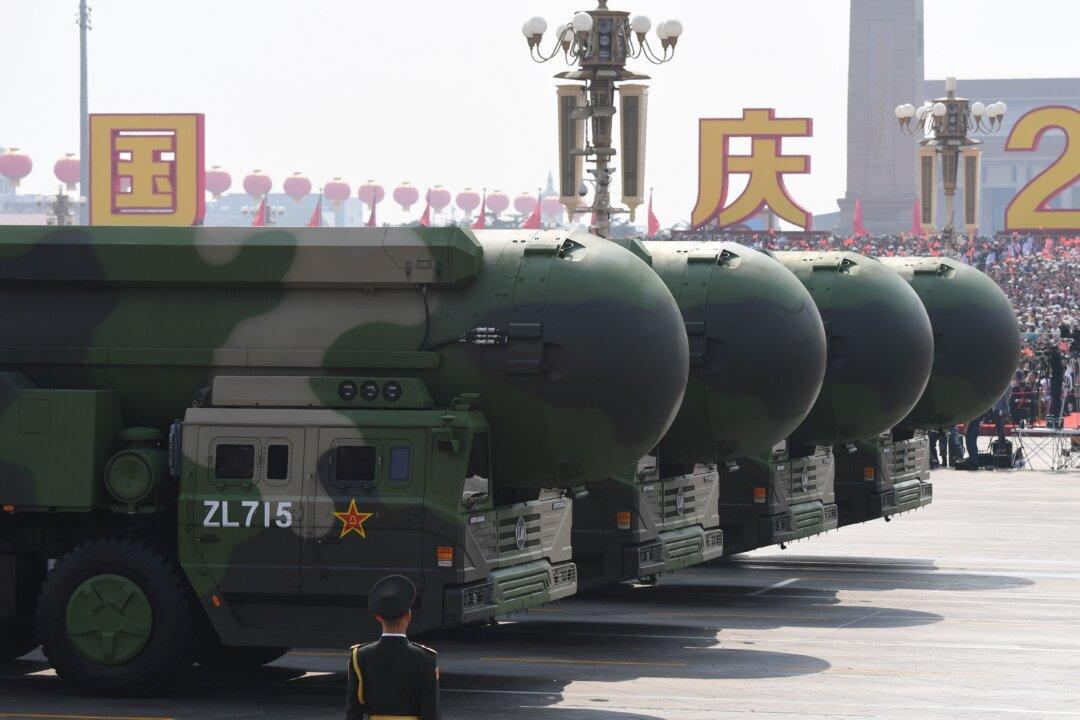The U.S. State Department has said Beijing’s decision to halt nascent nuclear arms-control talks with Washington was “unfortunate,” as it increases the risk of an arms race.
“We think this approach undermines strategic stability. It increases the risk of arms race dynamics. We have made efforts to bolster the defense of our allies and partners in the Indo-Pacific, and we will continue to make those efforts in the face of Chinese threats to their security,” State Department spokesperson Matthew Miller said at a press briefing on July 17.




